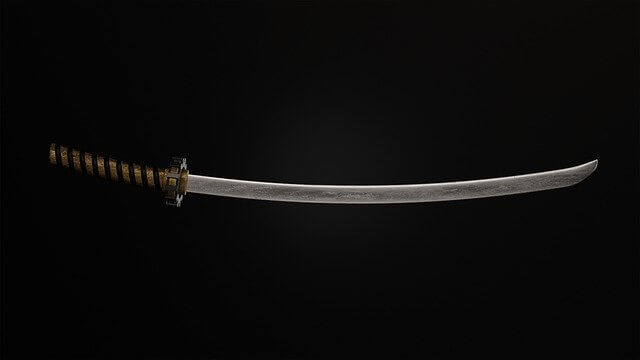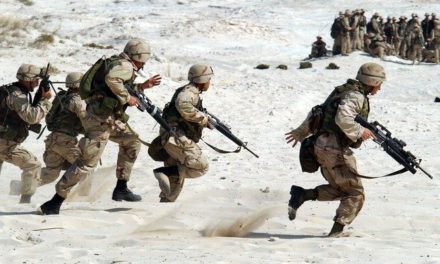Psalm 149 is a psalm of exuberant praise, letting all the people of God praise him with music, dancing, tambourine and more. And then you just got to love this verse:
“For Yahweh takes pleasure in His people” (Ps 149:4).
The warmth of heaven is shining upon us as his people celebrate his goodness with great rejoicing, music, dancing and more. It’s all going so well. And then verses 6-9 hit like a hammer:
6 May the praise of God be in their mouths
and a double-edged sword in their hands,
7 to inflict vengeance on the nations
and punishment on the peoples,
8 to bind their kings with fetters,
their nobles with shackles of iron,
9 to carry out the sentence written against them—
this is the glory of all his faithful people.
Seriously, what?! There was dancing and praise and celebrating and then the sword and vengeance and punishment and shackling people. Where did that all come from? And what in the world does that mean? What seems like a worship psalm all of a sudden turns into a war psalm. Or was it always a battle song from the beginning?
1) Clearly this is a triumphal psalm after a battle. The language alludes to this when it says he “saved” them and they were ‘triumphant’ (v. 4-5). The psalm is not just a worship psalm but a post-battle victory psalm of celebration.
2) God used Israel initially to bring judgment on the Canaanites. The Canaanites practiced evil for a long time (see Lev 18 for the list of their evil). For 400 years God waited for them to repent. In fact, it says he was waiting for the sin of the Amorites to reach its full measure (Gen 15:16). He did not want to bring judgment so he waited and waited and waited but no repentance came. So when the time was ripe, God brought Israel out of Egypt into their land and drove them out, executing his judgment on the Canaanites.
God had told Israel a number of times when they were used to drive out peoples before them, they should be careful and not become proud because they too could fall into the same trap. And they did. And God had to bring discipline to them as well.
3) The coming to and driving out of the people of the land of Canaan was the main and only time Israel went on the offensive that God used to bring judgment against a people. After that, the battles of Israel were defensive battles. Still acts of judgment but they were defensive in nature. The Israelites were not conquering new lands, but defending the land that God had given them.
So with this psalm it could have been in regards to when God used them to bring judgment against Canaan–a one time event. (Although they never completely got the job done). Or it could have meant other battles where people came against Israel, the covenant people of God, and God gave them victory over their enemies.
4) This isn’t man’s vengeance against his perceived enemies, but God’s vengeance and judgment. Used wrongly and verses like these can and have provoked wars. This is NOT an incitement to self-righteously proclaim oneself or one’s nation as the tool of God’s judgment.
There was again ONE major event in which God used Israel to execute his judgment on a people of the land and to displace them. The remaining (many) battles were defensive in nature, or bringing Israel back to the land that God had given them.
Psalms like these are sensitive. Used wrongly which this one has been, and the self-righteous can twist it to bring harm, just as satan tried to do with Jesus (Matt 4). Used in a righteous way, we can see this psalm as a celebration of God protecting and delivering his people. And that’s the way it should be seen.







